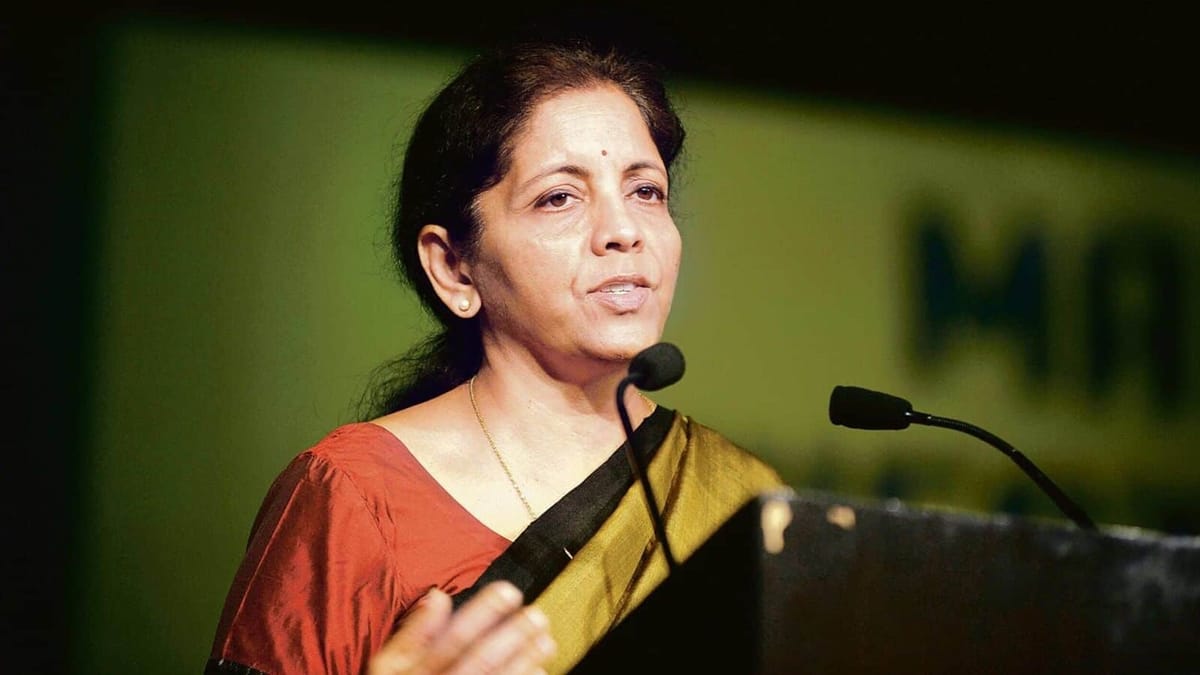Reetu | Mar 24, 2023 |

Finance Bill 2023 passed in Lok Sabha with 45 Amendments
The Lok Sabha on Friday, March 24, passed the Finance Bill, 2023 with some amendments. A JPC enquiry into the Adani Group issue was demanded by opposition MPs when Union Finance Minister Nirmala Sitharaman introduced “The Finance Bill, 2023” in the lower house.
According to a source, FM Nirmala Sitharaman stated that a committee on the pension system will be established under the Finance Secretary to handle the demands of employees and uphold financial accountability.
A few changes have been suggested for the Finance Bill. One such modification is that investments in mutual funds, which are essentially debt funds and have up to 35% equity exposure to domestic companies, are subject to taxation at the investor’s income tax slab rate.
With capital gains added to the investor’s income and taxed at his or her slab rates, debt funds now receive the same tax treatment as other bank fixed deposits.
Since LTCG was previously applied after three years, an investor will now be taxed according to his or her tax bracket regardless of how long they have held a debt mutual fund. Without any indexation benefit, the investor who is subject to the highest income tax slab rate of 30% will be required to pay 35.8% of their gains (including surcharge and cess) in taxes.
The minister further stated that the RBI will look into the concerns relating to credit card payments for international visits not being captured under the Liberalized Remittances Scheme while introducing the Finance Bill 2023 in the Lok Sabha for consideration and passage. (LRS).
The national pension system for public employees needs to be changed, according on representations made, Sitharaman stated.
In case of any Doubt regarding Membership you can mail us at [email protected]
Join Studycafe's WhatsApp Group or Telegram Channel for Latest Updates on Government Job, Sarkari Naukri, Private Jobs, Income Tax, GST, Companies Act, Judgements and CA, CS, ICWA, and MUCH MORE!"